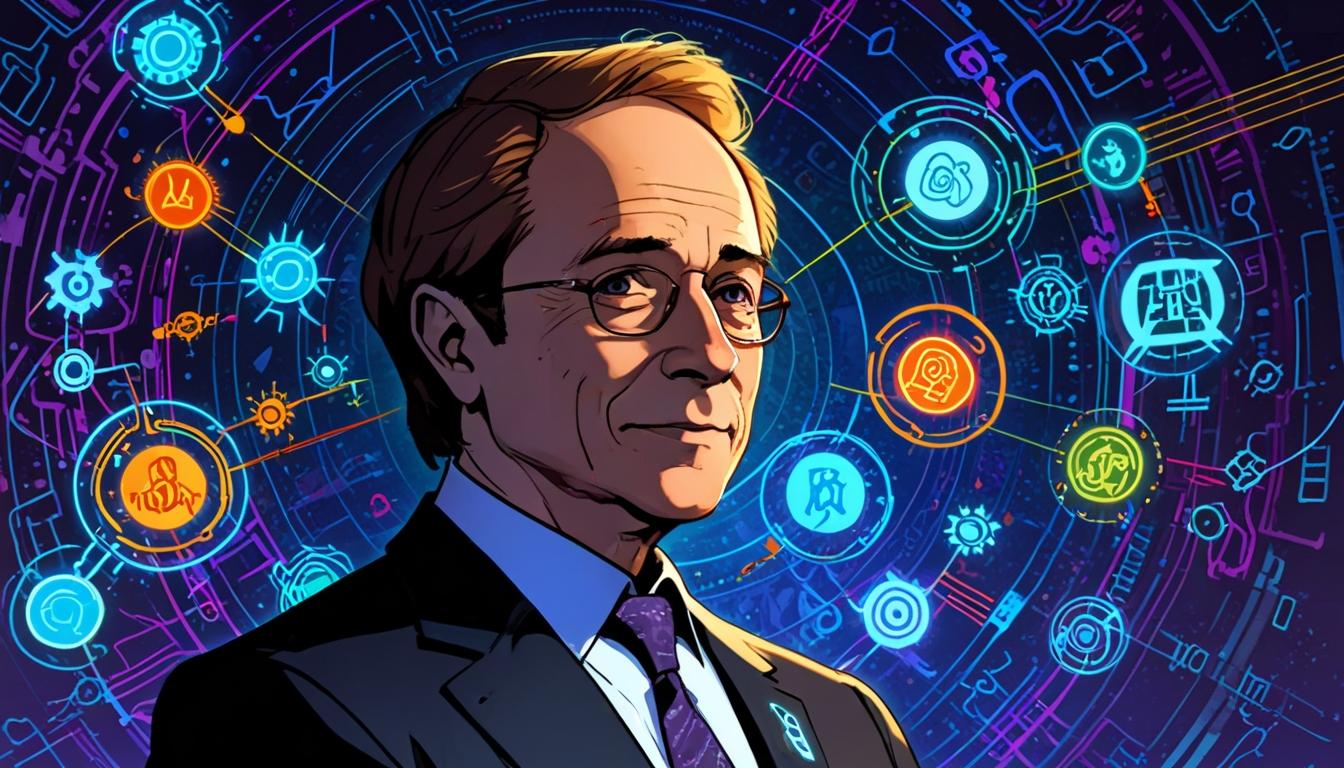Ray Kurzweil, a prominent futurist and chief engineer at Google, has made a striking prediction: humanity could achieve immortality by the year 2030. Kurzweil, widely recognised for his accurate forecasts of technological milestones such as the rise of the Internet, the proliferation of smartphones, and advances in artificial intelligence, believes that the convergence of artificial intelligence (AI), biotechnology, and nanotechnology will soon enable humans to surpass the biological limitations of the body.
Born in 1948 and an alumnus of the Massachusetts Institute of Technology (MIT), Kurzweil has spent decades contributing to technological innovation, including breakthroughs in optical character recognition and speech synthesis. He has been honoured with the National Medal of Technology and Innovation, among other awards, and continues to explore the interplay of technology and humanity in his written works. His book, The Singularity is Near (2005), and its forthcoming sequel, The Singularity is Nearer, are landmarks in the field of futurism that investigate the transformative potential of accelerating technological progress.
Kurzweil’s prognosis for immortality rests on several scientific and technological pillars. First, he points to the concept of "longevity escape velocity," where medical advancements increasingly extend human lifespan faster than time passes, effectively adding more than a year to life expectancy with each passing year. Second, he envisages neural implants and brain-computer interfaces that would facilitate human-machine integration. These technologies could enhance cognitive functions and enable consciousness and memory preservation digitally, creating what Kurzweil terms "digital immortality." Third, he highlights genetic editing and regenerative medicine, including gene therapies and stem cell developments that could counteract and possibly reverse age-related diseases.
Current scientific enterprises already echo aspects of this vision. Neuralink, a company established by Elon Musk, is developing brain-machine interfaces, and biotech researchers are investigating methods to slow down or reverse ageing processes. Despite these developments, achieving complete immortality remains speculative, with substantial scientific hurdles still to be addressed.
The societal implications of such advancements are profound. From a demographic perspective, if mortality rates decline dramatically, managing natural resources and accommodating population growth become significant concerns. Ethically, the idea of transferring consciousness to a digital format challenges traditional notions of life and what it means to be human, raising questions around identity and existence. Economically, access to life-extending technologies may be limited to affluent individuals, potentially exacerbating existing inequalities. Additionally, the traditional structures of work and retirement could be upended in a society where people do not age or die in a conventional sense.
Kurzweil’s predictions, while grounded in current scientific trends, invite extensive discussion about the future of humanity. The potential to redefine life and death, societal organisation, and human identity presents both opportunities and challenges that extend beyond technology. As reported by Rude Baguette, Kurzweil’s vision continues to stimulate debate about the boundaries of human potential and the direction of technological advancement.
Source: Noah Wire Services
